Biography
Galiaskar Kamal - Tatar writer, author of drama works, public figure and founder of theatrical case in Tatarstan. He translated the works of Russian classics and contributed to their production at the sovereign in his hometown.
The present name of the writer is Galiaskar Galiakbarovich Kamaletdinov. About the childhood of the writer knows a bit. He was born on January 6, 1879 in Kazan. The father of the boy worked as a wad, and the family did not differ in great prosper.
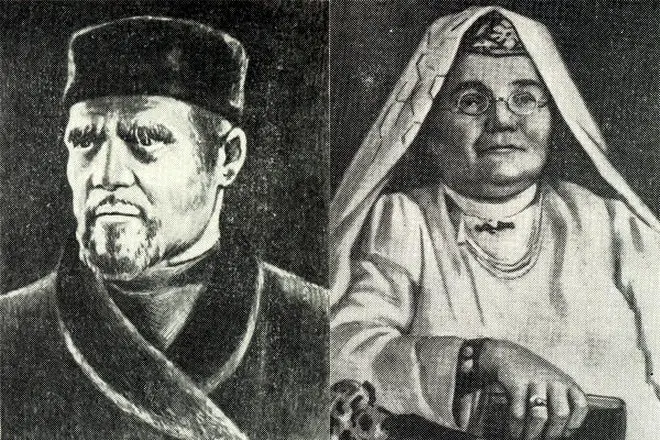
Childhood Galiascar spent in the village, from where his mother was coming. He watched his life in Lower Mars, and did the first conclusions about the world's device.
Education The future writer received in the Madrasa "Gosmania" and "Muhammadia" in Kazan. The young man independently taught Russian and as knowledge expands the horizons discovered the world of Russian drama and theater. The fact that Galiascar is captivated by creativity and literature, it became clear when he was a teenager, so it was easy to assume that his biography would be connected with these directions.
Creation
The first published play, published from the feather of the future playwright, was the work of the "Unfortunate Youth." Galiascar wrote it in 1898, and in 1907 he created a second edition. The main leitmotif of the composition was the social issues and educational ideas that a novice author expressed.
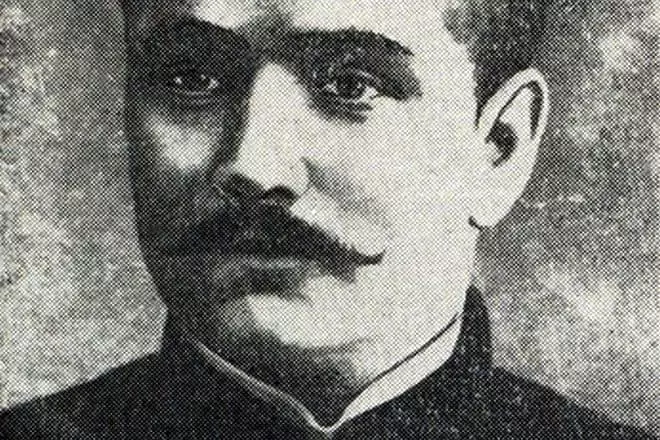
A pronounced democrat, he encouraged the revolutionary movement of 1905-1907 and became the founder of several newspapers. In 1906, the "Azat" edition appeared, which is translated as "freedom", later "Azat Halyk" ("Free people"), and after 2 years, the first editions of the Jashen magazine ("Lightning") were published in circulation, which Galiaskar Kamal produced together with the poet Gabdullah Tukay.
The youthful passion of the theater did not leave Kamala and in the older age. He promoted the development of the theater case and participated in the creation of the first statement, presented to the public in 1906. The playwright wrote works for the scene in which realism, relevant conflicts and bright characters. His plays formed the basis of the repertoire of the Tatar pre-revolutionary theater.
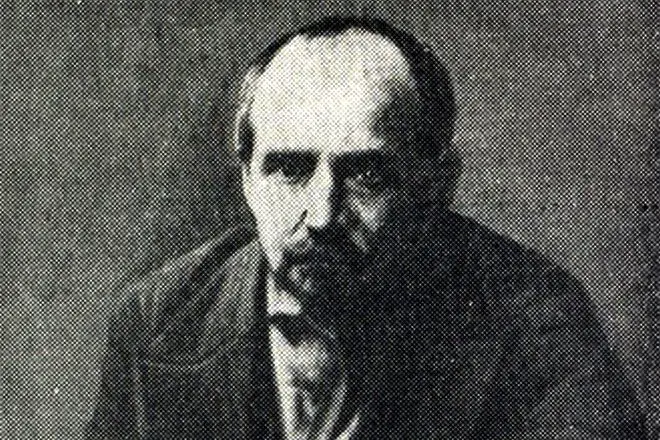
Gradually, youthful educational ideas were replaced by the ridiculation of the uneducation, the existing regime and social obstacles. Satyric comedies of playwright became an personification of situations that the world hated him. He used real cases as the basis of the works and detected easily recognizable characters on the scene.
In 1908, the premiere of the comedy "First Presentation" was held in the theater. She described the struggle of revolutionaries against the organization of the National Theater. In the image of the main character, all the doping was expressed, which was hated by the author. In 1912, the audience saw the production of "secrets of our people", in which the playwright disrupted the mask with supporting the royal system, who issued themselves for benefactors. In the same year, the "bankrupt" play, the milking ideas about honest preparation of capital, which promoted local representatives of the bourgeoisie.
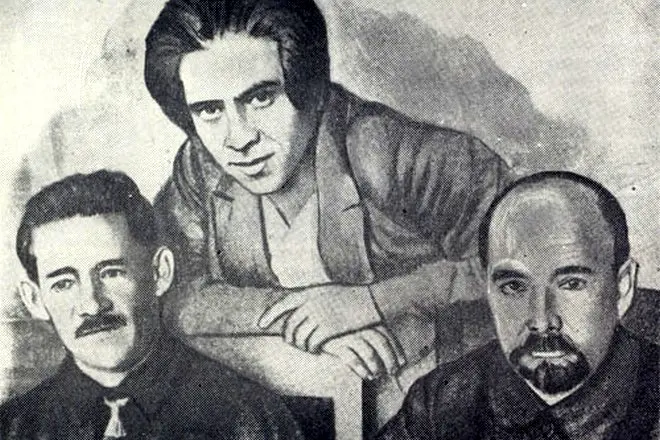
The dramatic works of Galiascar Kamala became indicative for Tatar directors and actors of that period. Together with theatrical like-minded people, the writer ratified for the development of the stage genre as a tool to upbringing the public and the prevention of world classical literature.
The playwright tried himself as a translator, and on the stage of the theater began to play performances on the plays of Maxim Gorky, Alexander Ostrovsky, Nikolai Gogol in Tatar. The theater worker also wrote critical essays and articles, shared his ideas about realism on the stage.
The October Revolution and Civil War inspired the writer. He plunged into the creation of works with the Soviet spirit, wrote a poem and created the staging. Supporting an active civil position, Kamal became an artist in the ranks of the Krasnoarmeysian Tatar troupe. Under the pseudonym Aulia and the company, the author wrote a satirical prose, to which workers and peasants were with great interest.
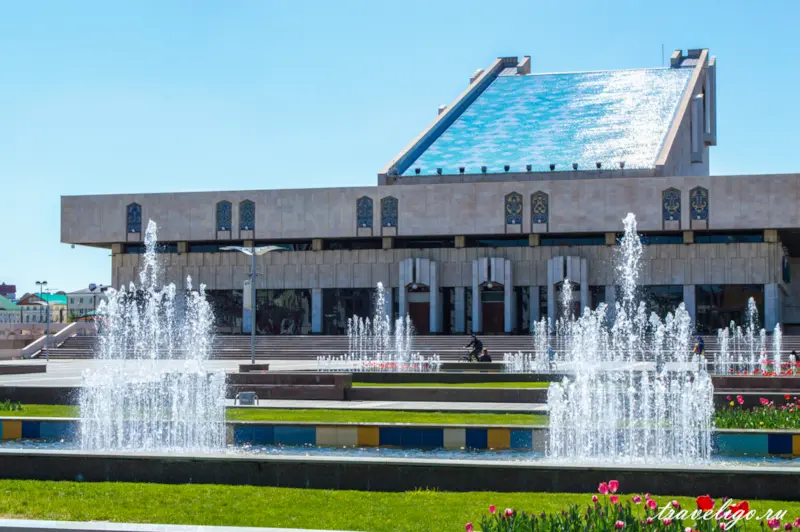
In 1921, Galiaskar introduced the public with the play "Cute hafisa," telling about the positive aspects of the People's Revolution and the changes that it will entail in the field of social relations. In 1926, the writer received the title of folk playwright.
It is curious that, in addition to theatrical and literary activities, Galiaskar Kamal was fond of drawing and calligraphy. He turned out to be the author of many images on socio-political topics. Collaborating with publishing house printing houses, a man paid great attention to the modernization of Tatar calligraphy. He also participated in the work of the art and timing in the theater, studying the performances of performances.
Personal life
Galiascar Kamal was realized in professional and personal life. The writer and public figure was the son-in-law famous in the Kazan merchant Sadiq Haybullina. The daughter of the merchant became his wife, and the new relative would particularly respected education and ambitious education in Kamal.
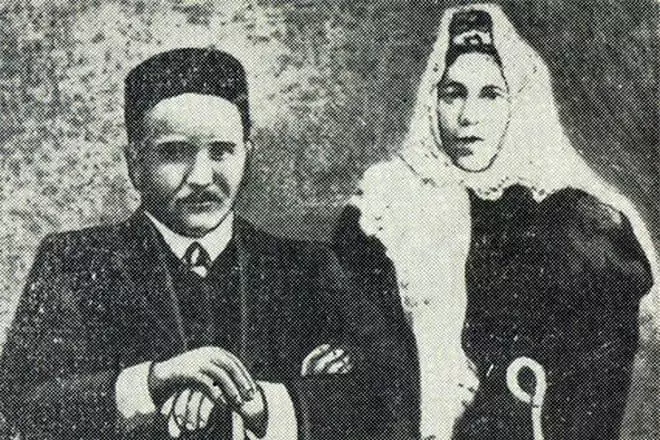
The merchant had his plans for Galiascar. Knowledge of the playwright of Sharia could come in handy, if he agreed to become Imam in the mosque, which Haybullin built. Kamala such perspectives did not care. The compromise was found thanks to the agreement: the son-in-law began to sell printed products.
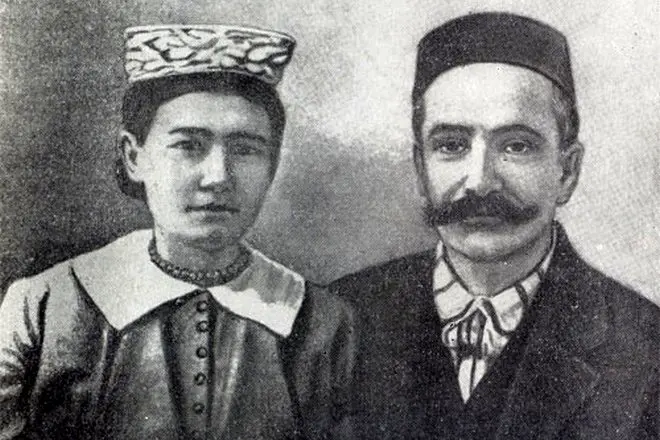
The wedding took place in 1900, and his father presented a mansion on Narimanov Street for his beloved daughter, who stands in Kazan today. Children in the family appeared several years later. Galiaskar Kamal was incredibly pleased with the birth of the Son in 1908.
Galiascar Kamal was married twice, his second wife was the girl named Asma. The playwright had 6 heirs: 5 sons and one daughter.
Death
Tatar playwright died in 1933. The causes of the death of the writer did not become a reason for discussions. Galiascar Kamal was one of the few Tatar artists who managed to take a new political regime and continuing to create with inspiration. The death of playwright became a loss for national literature and theater.
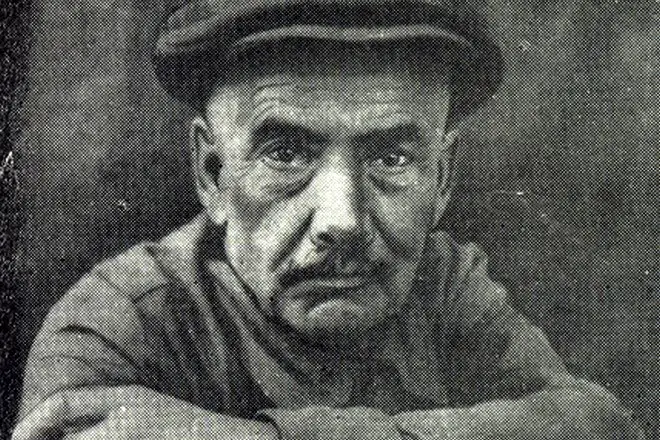
Now his photo can be seen in the walls of the academic theater in Kazan, named after the playwright. In Tatarstan, there are several streets called the name of the public figure, and the Writer's House became a museum. In 1959, he received the status of a monument of history and culture.
Bibliography
- 1907 - "Unfortunate Youth"
- 1908 - "Because of the gift"
- 1911 - "Lover"
- 1911 - "The secrets of our city"
- 1912 - "Bankrupt"
- 1921 - "Cute hafisa"
